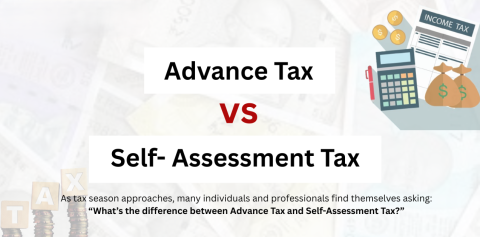
Advance Tax vs Self-Assessment Tax: Key Differences Explained
Many taxpayers in India get confused between Advance Tax and Self-Assessment Tax. While both involve paying taxes directly to the government, they differ in terms of timing, purpose, and applicability. This guide explains their meaning, rules, and key differences for FY 2024–25 (AY 2025–26).
What is Advance Tax?
Advance tax, also known as "pay-as-you-earn tax", is the tax paid in installments during the financial year, rather than waiting until the end of the year.
- Applicable if your tax liability (after TDS) is ₹10,000 or more in a financial year.
- Paid in four installments—June, September, December, and March.
- Applies to salaried individuals (if not fully covered by TDS), freelancers, professionals, and businesses.
Advance Tax Due Dates for FY 2024–25 (AY 2025–26)
| Due Date | % of Total Advance Tax Payable |
|---|---|
| 15th June 2024 | 15% |
| 15th September 2024 | 45% |
| 15th December 2024 | 75% |
| 15th March 2025 | 100% |
What is Self-Assessment Tax?
Self-assessment tax is the balance tax paid at the time of filing ITR, after considering:
- TDS (Tax Deducted at Source)
- Advance tax already paid
- Deductions, rebates, and exemptions
Example: If your total tax liability is ₹1,00,000 and you have already paid ₹90,000 via advance tax and TDS, the remaining ₹10,000 is payable as Self-Assessment Tax.
Key Differences Between Advance Tax and Self-Assessment Tax
| Aspect | Advance Tax | Self-Assessment Tax |
|---|---|---|
| When Paid | In installments during the financial year | After year-end, before filing ITR |
| Applicability | Mandatory if liability ≥ ₹10,000 | Applies when balance tax remains unpaid after TDS & Advance Tax |
| Purpose | Ensures steady revenue and reduces year-end burden | Clears any pending dues before return filing |
| Penalty/Interest | Interest u/s 234B & 234C if not paid on time | Interest u/s 234B if not paid before filing ITR |
| Who Pays | Salaried (if not fully covered by TDS), freelancers, professionals, businesses | Any taxpayer with outstanding dues |
Why is it Important to Know the Difference?
- Paying Advance Tax on time helps avoid penalties and interest.
- Self-Assessment Tax ensures compliance before filing ITR.
- Both are crucial for smooth compliance and avoiding tax notices.
Conclusion
Advance tax and self-assessment tax may seem similar, but they serve different purposes. Advance tax spreads out the tax payment during the year, while self-assessment tax is the final adjustment before filing your return. Knowing the difference helps you manage cash flow better and stay penalty-free.


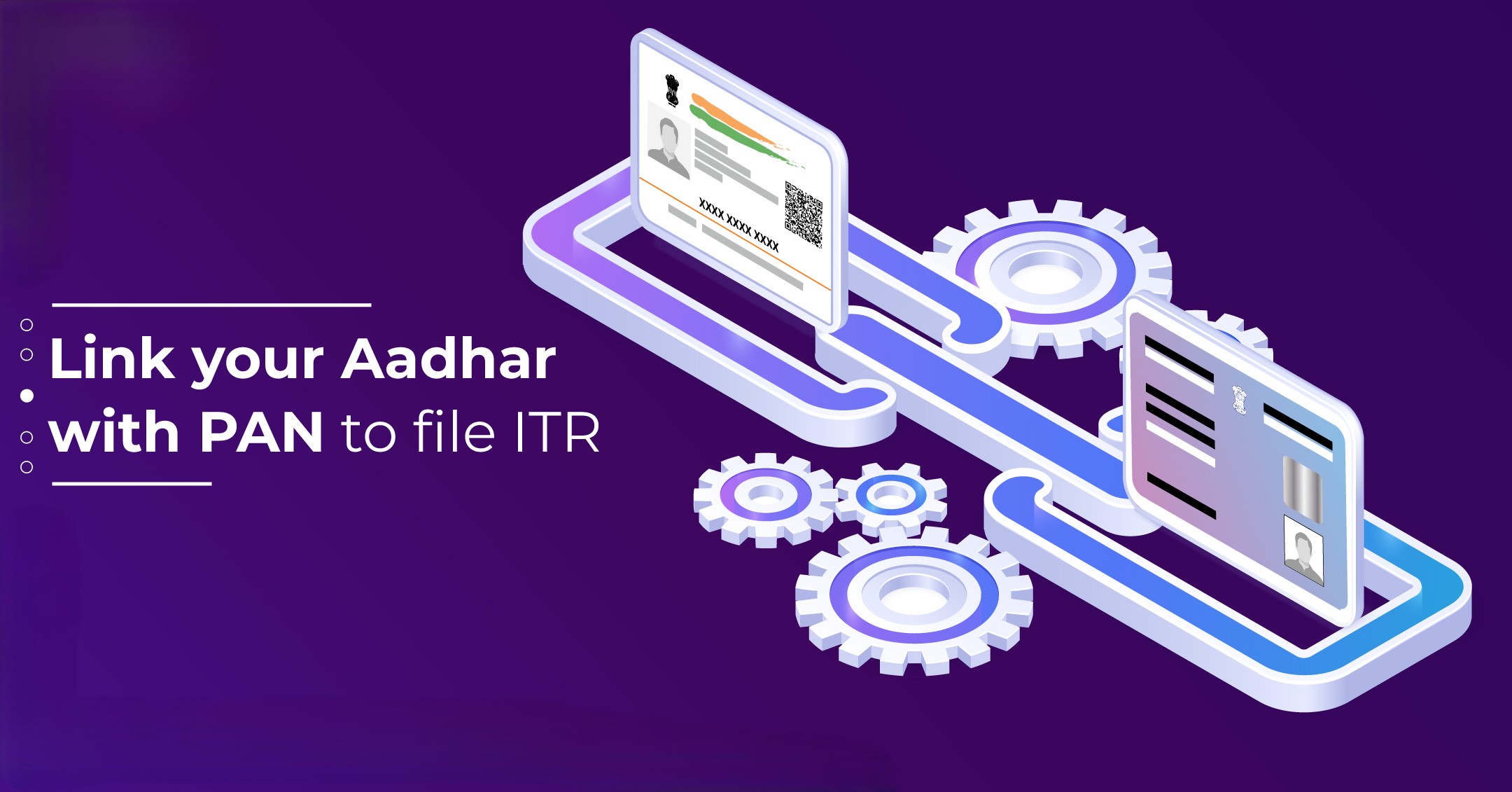
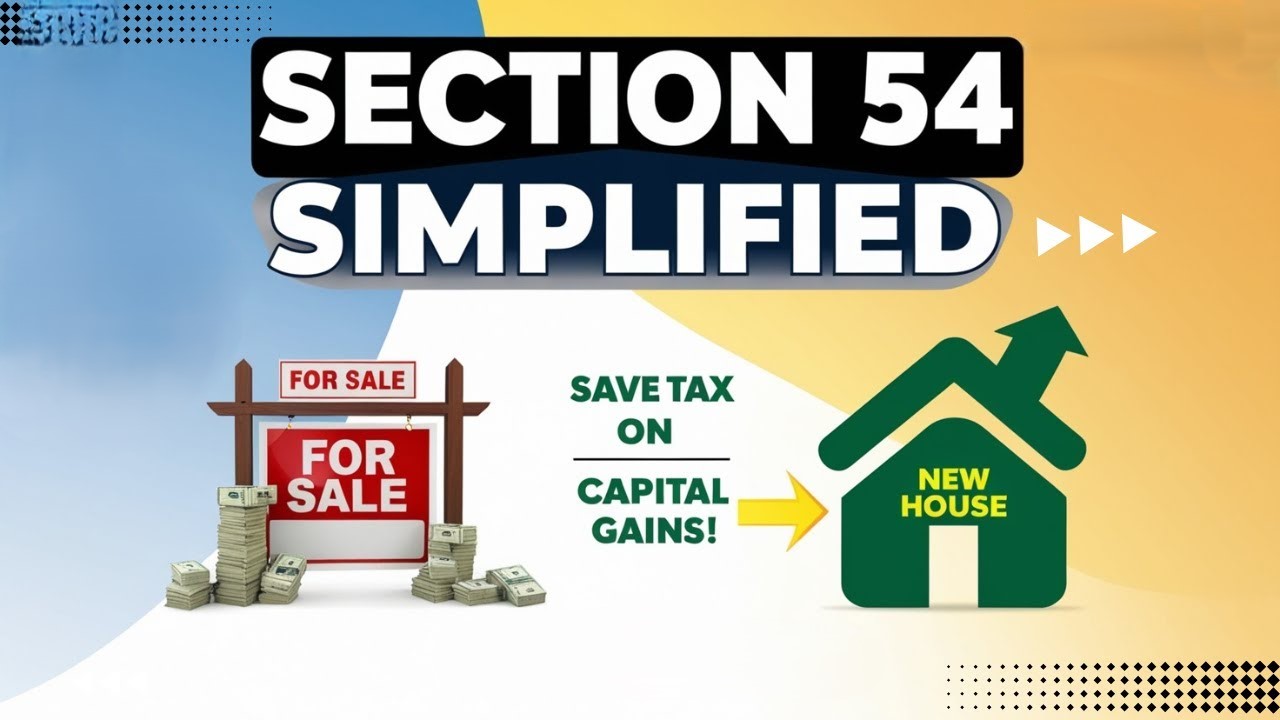
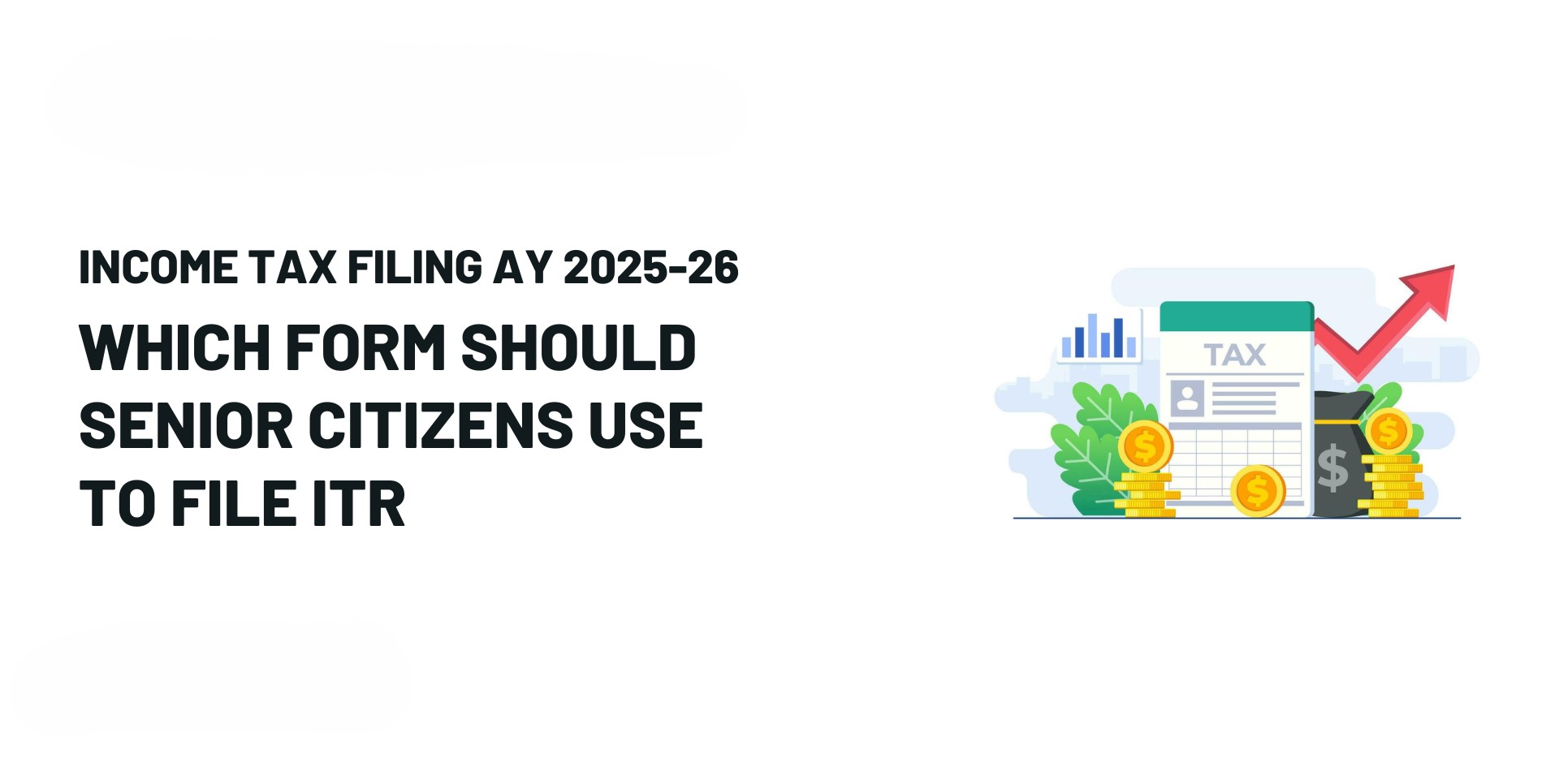
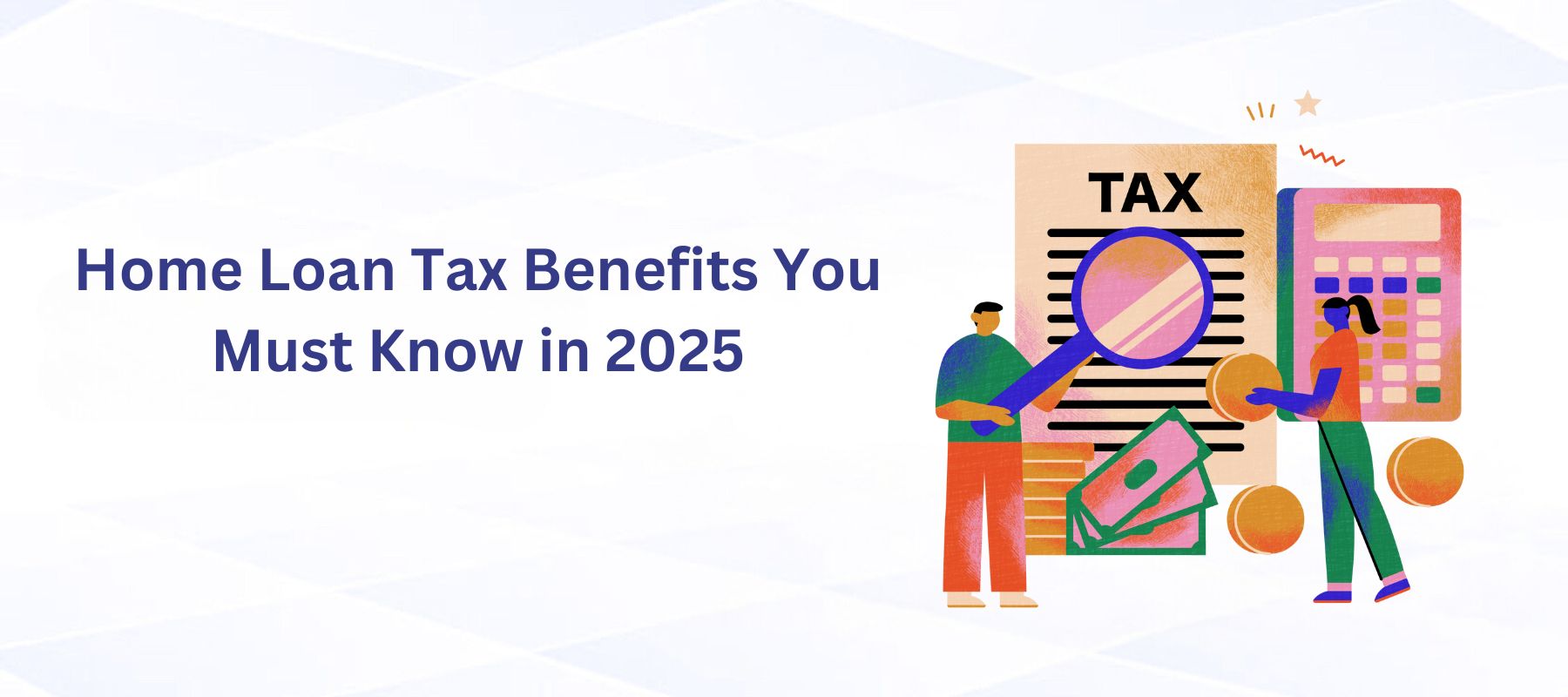

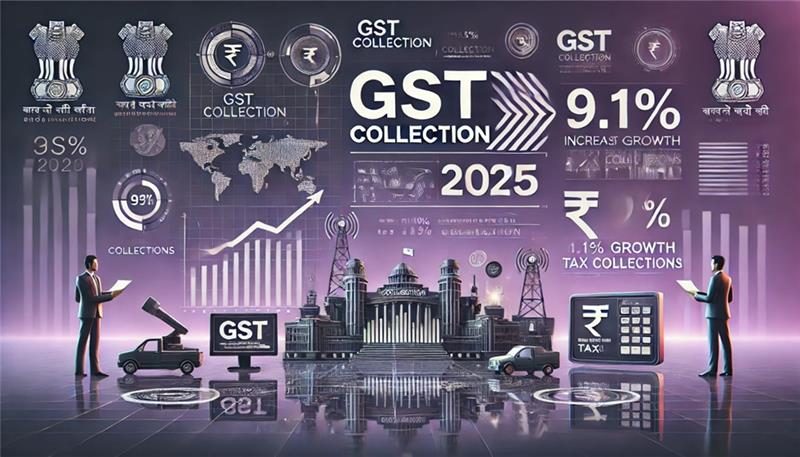
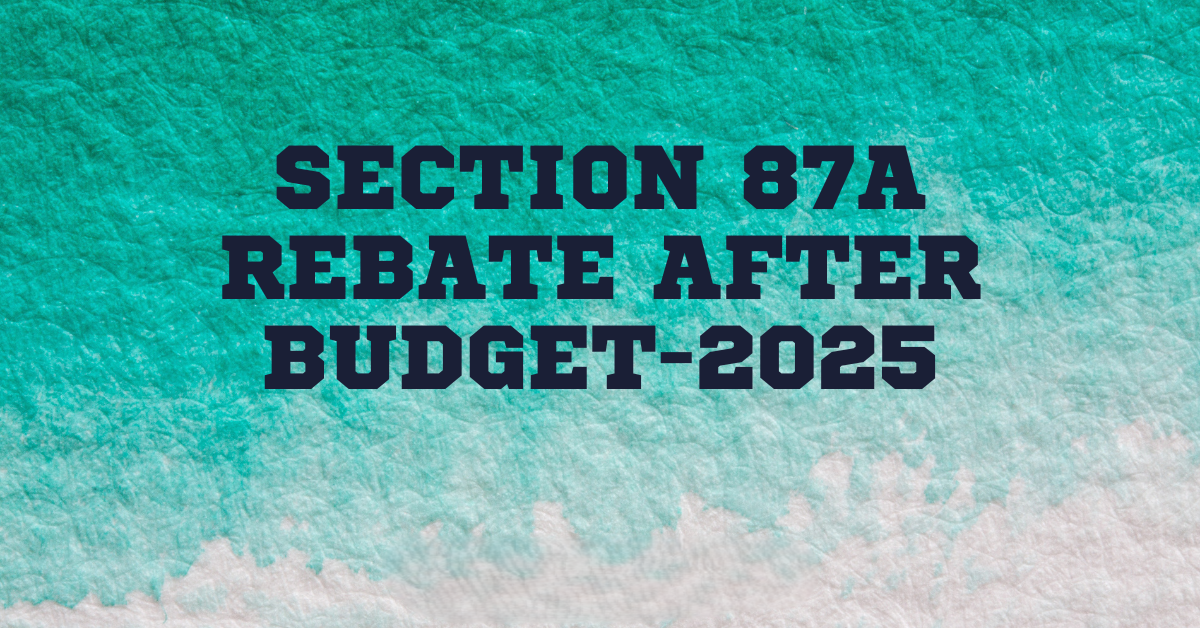

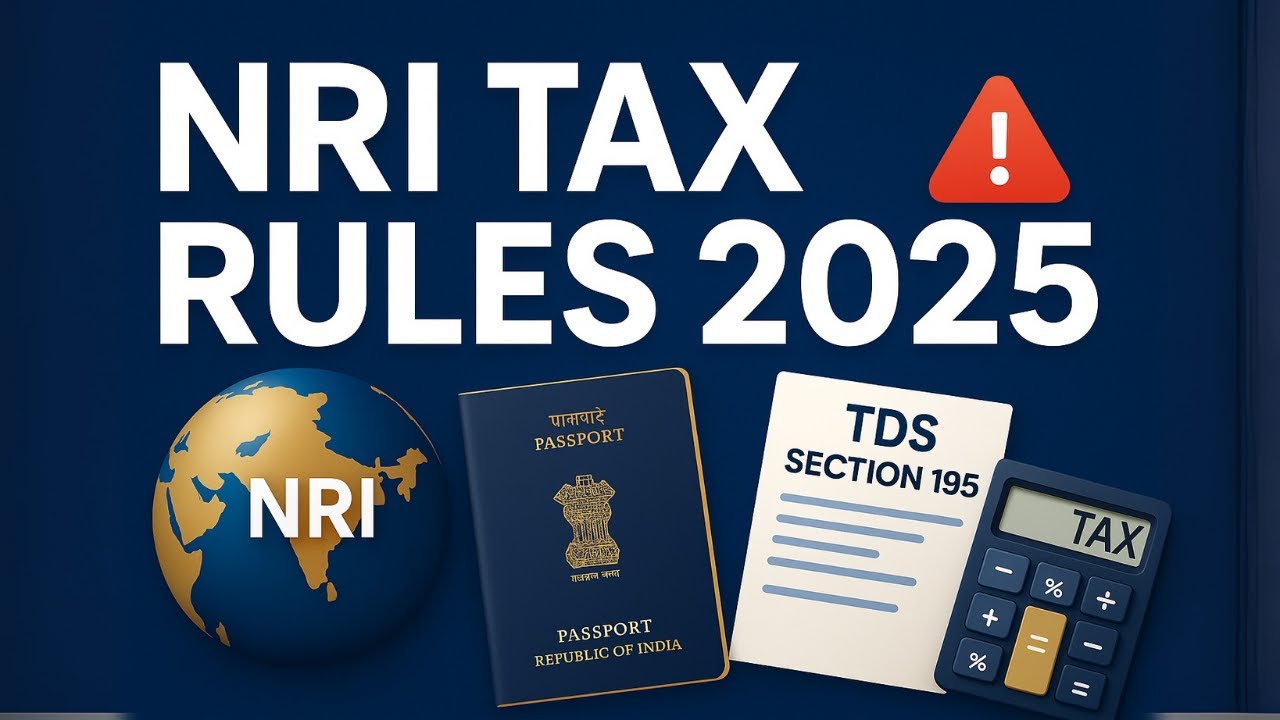
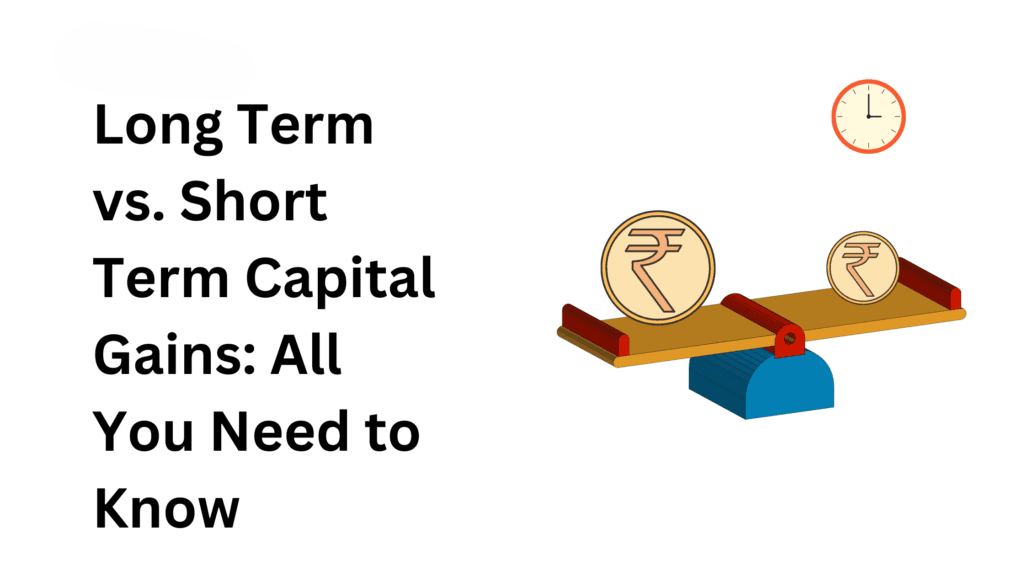
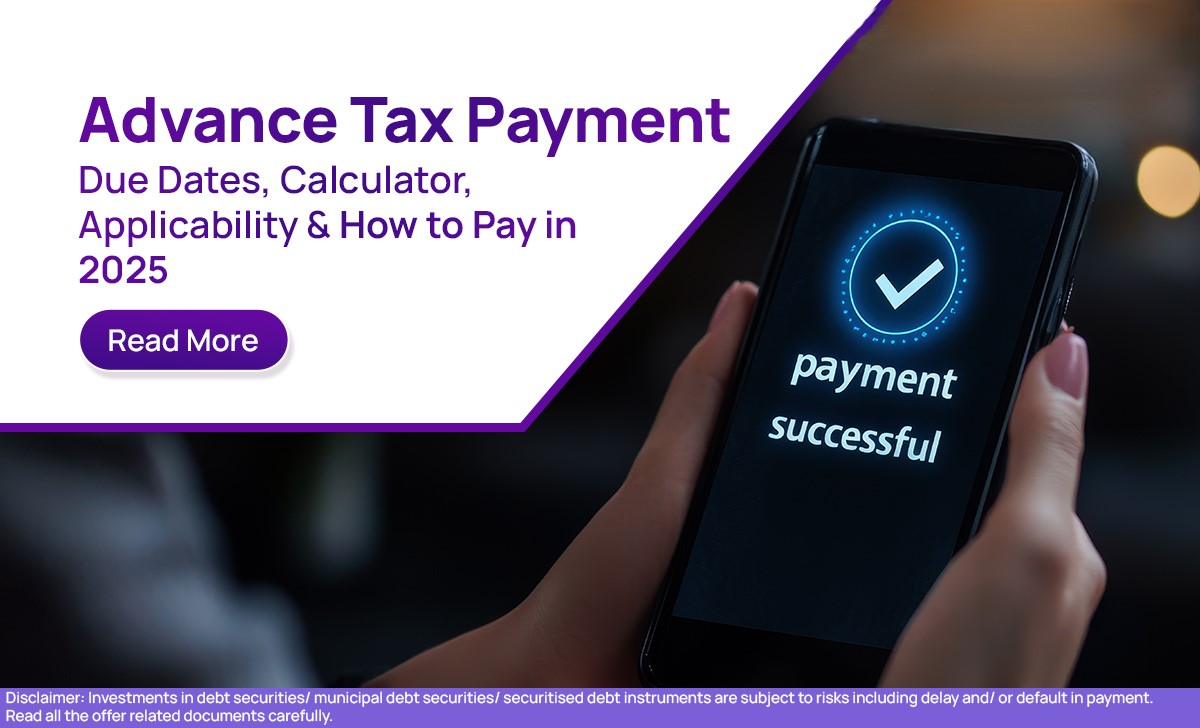

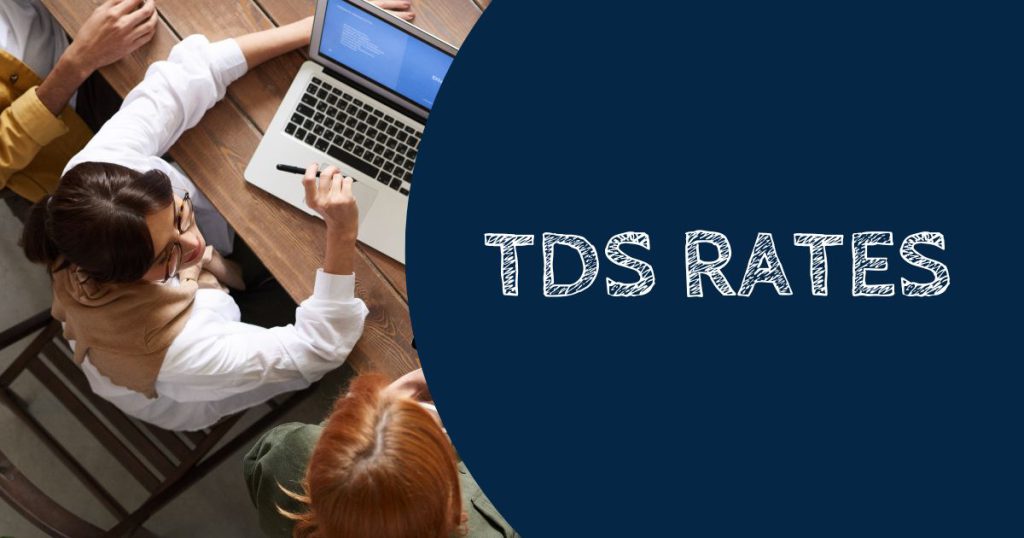

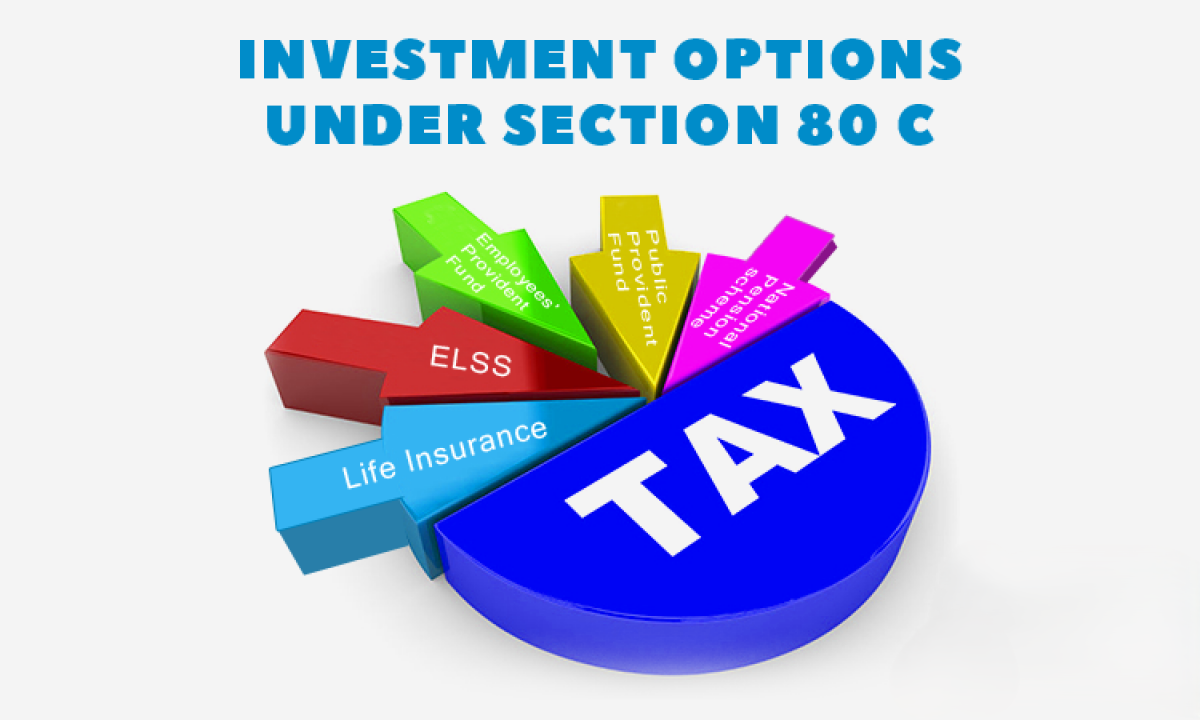
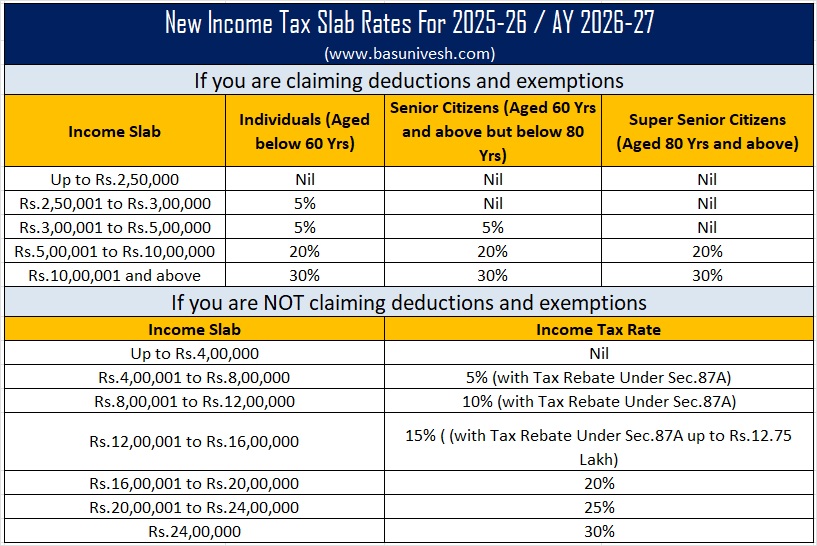
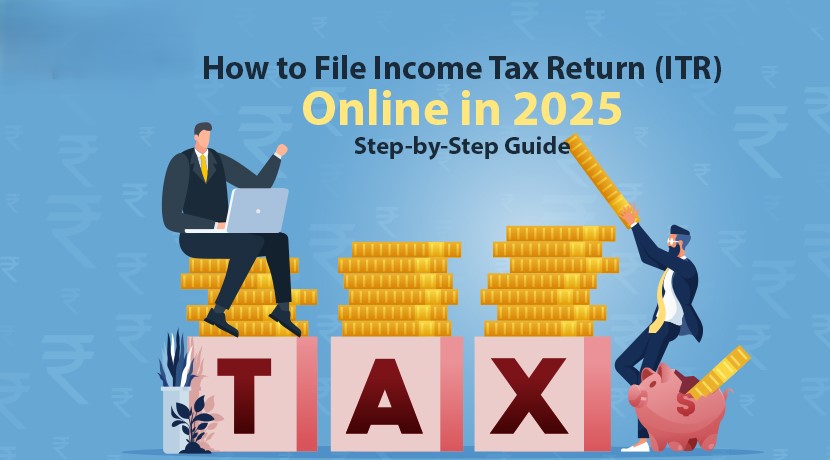
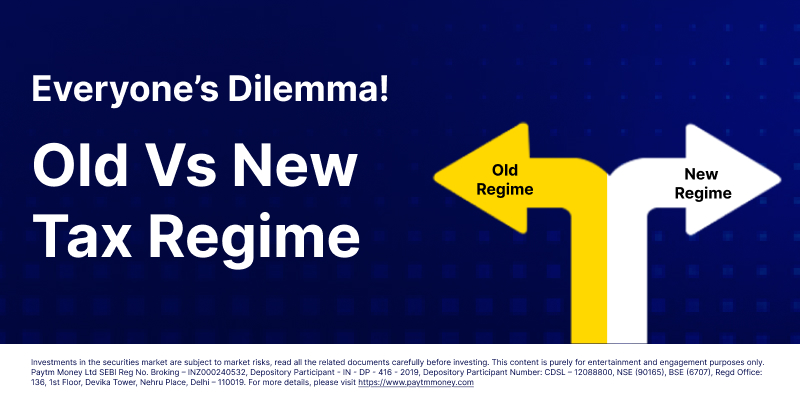
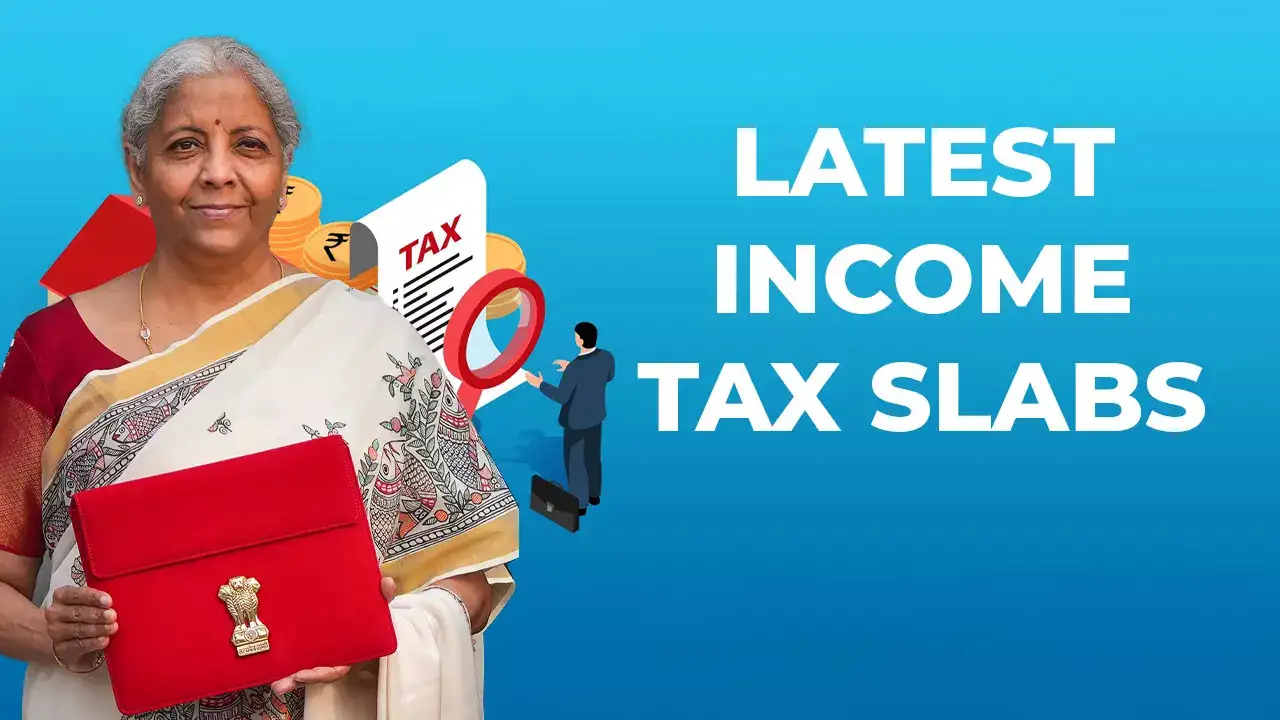
Comments
Add new comment